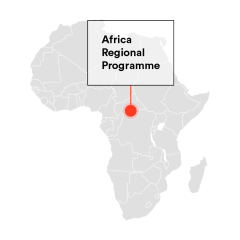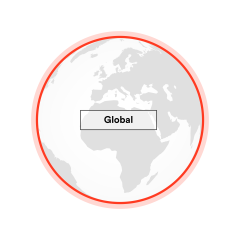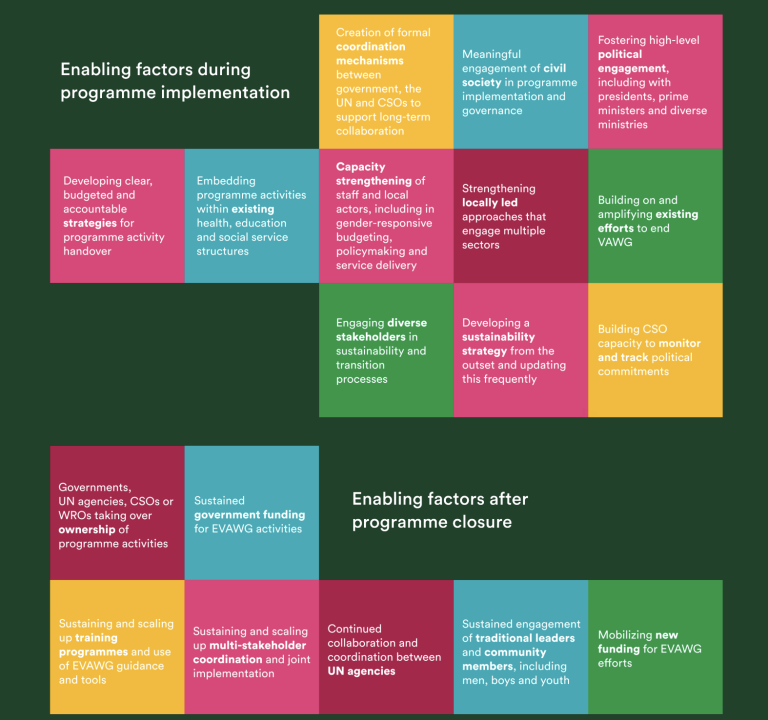Improve programme sustainability

Improve programme sustainability
Case Studies

Developing detailed sustainability plans with identified financing sources is key to taking forward the most important programming outcomes after closure of the initial programme. Some Spotlight Initiative programmes, such as those in Zimbabwe and Malawi, have conducted an in-depth analysis of programme and financial sustainability to identify which activities should be continued, discontinued, or adapted (adding some elements and dropping others).
In Zimbabwe, this analysis was followed up with the amount of capital needed to continue to implement desired selected activities in the future and identify responsible parties and next steps. According to their analysis, in Zimbabwe they plan to continue 43% of programme activities, end 35%, and retain some elements of 22%. Engaging in such a strategic analysis helps the team identify and address gaps in budgets, staff, and resources.
In Malawi, Spotlight Initiative programme launched ten one-stop centres in 2021, supporting 896 GBV survivors. All ten centres have been transferred to government ownership to ensure the sustainability of services, highlighting the importance of sustainability strategies.


To sustain long-term impacts beyond programming timeframes, it can be useful to focus efforts on establishing gender-equitable policies and mechanisms. For example, laws to end VAWG, gender mainstreaming policies, new gender bodies and mechanisms, and comprehensive sexuality education in national curricula.
In Ecuador, Spotlight Initiative programme has strengthened institutional gender units within various governmental departments, including the Ministry of Education and the Legislative Assembly, which has cultivated a sustained focus on gender issues in the government and ministries that will last years beyond the Spotlight Initiative programming.
Similarly, in Zimbabwe, the mainstreaming of gender, disability and VAWG in district and village development plans resulted in the inclusion of VAWG in local development plans, complete with gender budgets, emphasising the longer-term sustainability and financial stability of these efforts.



Capacity development of key stakeholders in the government, health, police, justice, and social service sectors, educators, private sector partners, and civil society, can help to embed EVAWG knowledge, attitudes, and practices in people´s personal and professional lives.
For example, in Malawi, gender-sensitive trainings on survivor-centred reporting for Police Public Relations Officers and the media continues to yield results beyond the initial training sessions.
In El Salvador, civil society organisations contributed to new areas of research on justice, social auditing for women's organisations and special care services. This work led to the increased capacity to monitor the services of the institutional units of special care for women.
In Liberia, national institutions, stakeholders, and civil society organisations strengthened their technical capacity to prevent and respond to sexual and gender-based violence and harmful practices at the national, sub-national and community levels.








